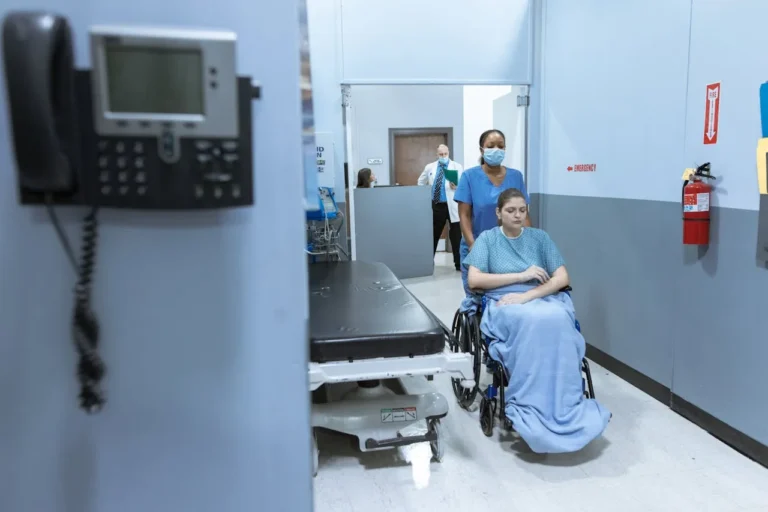
Premier has submitted comments on the FY 2025 Inpatient Prospective Payment System (IPPS) and Long-Term Care Hospital (LTCH) PPS proposed rule by CMS. In its response, Premier addresses several key areas and urges CMS to:
- Adopt New Data Sources: Utilize supplemental data, such as PINC AI™ data, to ensure labor costs are accurately reflected in the final Medicare hospital payment update. Premier also strongly recommends a one-time adjustment to correct significantly lower hospital market basket estimates for FYs 2021-2024. At a minimum, CMS should address the gross underpayment in FY 2022 with a one-time adjustment of at least 3 percent.
- Solicit Hospital Community Input: Seek feedback from the hospital community on reforms to the wage index and efforts to improve workforce sustainability, especially in rural and underserved areas.
- Reclassify Z-Codes: Finalize the reclassification of Z-codes representing housing insecurity/instability and explore ways to enhance the accuracy of these and other Z-codes in capturing the resource use involved in caring for underserved populations.
- Modify Medicine Buffer Stock Proposal: Focus on establishing differential reimbursement for domestically manufactured essential medications rather than increasing the buffer stock of essential medicines.
- Reconsider eCQM Reporting Requirements: Avoid increasing mandatory electronic clinical quality measure (eCQM) reporting requirements under the Hospital Inpatient Quality Reporting (IQR) and Medicare Promoting Interoperability Programs. Instead, continue collaborating with stakeholders to address persistent eCQM reporting challenges and develop a strategy for advancing digital quality measurement.
- Revise Acute Respiratory Illness Data Reporting: Modify the proposal requiring hospitals to report data related to acute respiratory illnesses, ensuring it is not tied to a condition of participation (CoP) and providing additional time before the policy takes effect.
- Improve Maternal Healthcare Outcomes: Collaborate with stakeholders to develop policies focused on enhancing maternal healthcare outcomes without exacerbating access to care issues. Premier does not support creating a new Coop for obstetrics care but offers feedback to inform CMS on improving data collection, standards, and other aspects of obstetrical care in the United States.




